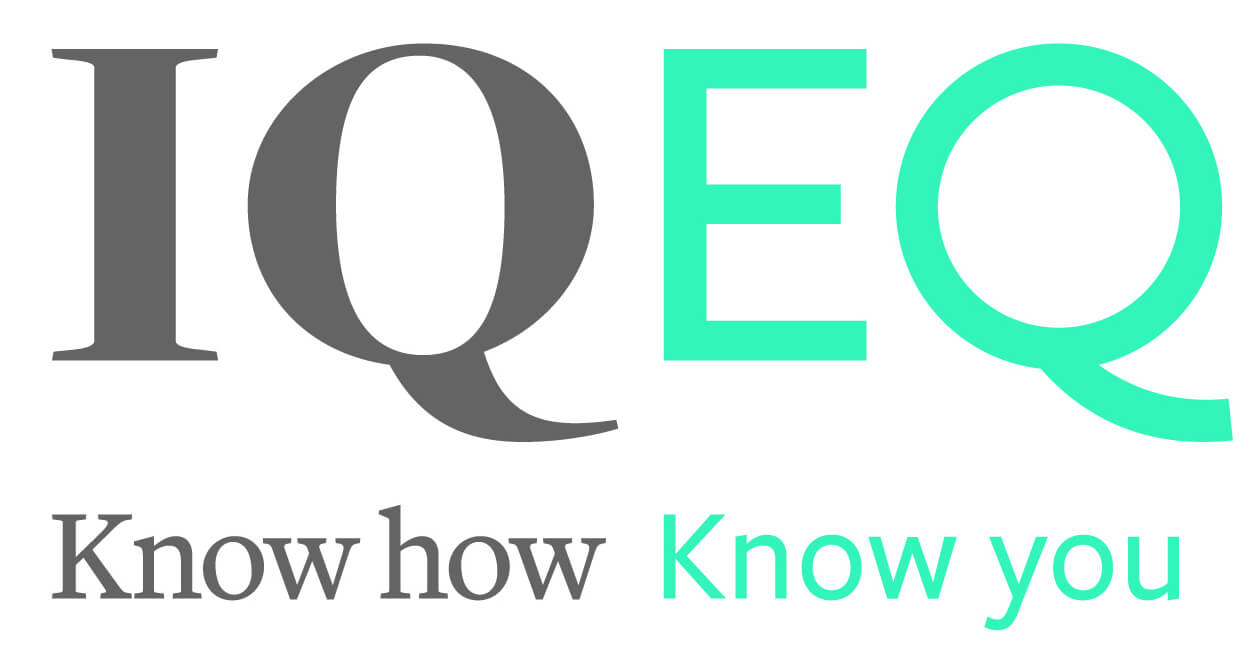Déclaration sociale nominative (DSN)
Newsletter - February 2015
The Act of 22 March 2012 on simplification of the law and administrative procedures instituted a simplified electronic system of payroll and social security returns known as the Déclaration Sociale Nominative or DSN, providing for two key stages of implementation in 2013 and 2016. The Social Security Financing Act for 2014, supplemented by a decree of 24 September, created an intermediate deployment stage as of 1 April 2015 for larger companies.
The context and implementation of DSN
DSN consists of a single monthly electronic transmission of individual employee data via payroll software.
The main aims of DSN are to replace the existing processes of social security returns, considered too complex, and to combat benefit and contribution fraud.
DSN applies to all employers, with the exception of individual employers, irrespective of the declaration method currently employed.
The implementation calendar consists of three phases:
– an optional phase (October 2013 to December 2015),
– a mandatory phase for larger employers (April 2015 to December 2015),
– a mandatory phase for all employers (from January 2016).
The companies concerned by DSN as from 1 April 2015 are those that declared URSSAF contributions in 2013:
– of over two million euros,
– of over one million euros by means of a declaring third party that itself declared over ten million euros in contributions on behalf of its principals.
Content and means of transmission
Two types of return are required:
– a monthly DSN, by establishment and by employee, submitted no later than the 5th or 15th of the month following the month to which the DSN relates,
– a declaration of events, such as the beginning or end of a period of sick leave, or the end of a contract of employment, no later than five working days from the event taking place.
A single declaration channel will be used on the net-entreprises.fr portal, in either EDI (Electronic Data Interchange) or “file repository” mode. The portal will automatically distribute social security data to the appropriate recipients. The Act provides for DSN to replace all social security returns with effect from 1 January 2016. There will be no change in the frequency of payment of contributions.
After each DSN is submitted, the employer will receive a certificate of compliance from the receiving agencies. In the event of any anomaly, the employer will be informed in the same way as currently happens with the annual DADS-U return.
On receipt of the certificate of compliance, the employer will be deemed to have completed the required legal formalities. The agencies may, however, ask the employer to correct or update any inaccurate or incomplete data in the DSN for the following month.
The information transmitted by the employer is not data considered sensitive within the meaning of the French Data Protection Act. Employees nonetheless have a systematic and individual right to access and correct their data.
Penalties
In the event of any of the following failings:
– failure to submit a return on time,
– omission of an employee,
– inaccurate declaration of remuneration,
– failure to submit a return,
the employer will be subject to a financial penalty of €7.5 per employee, omission or inaccuracy. These penalties are capped at €750, with an identical penalty applied automatically for each subsequent month’s delay.
Employers who continue to use means other than DSN for their returns from 2016 will incur a penalty of €2.5 for every employee listed on their latest return. There is no cap on the amount of this penalty.
We are entirely at your disposition for any further queries about the issues discussed in this newsletter or about any other accounting, tax, social security or law related topic.
